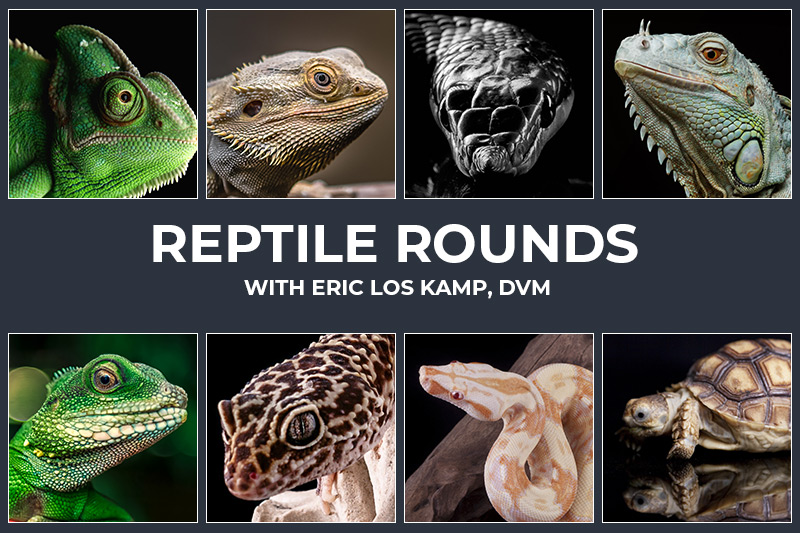Husbandry Research
For most of the reptile medical cases I see on a daily basis, the vast majority of them are related in some way to husbandry- whether that be due to inadequate environmental conditions, inappropriate lighting, incorrect diet, or incomplete supplementation. Because of this, it is imperative to do sufficient research before purchasing a pet reptile to ensure that you are meeting its needs to live a healthy, fulfilled life. With how much information (and misinformation, for that matter) is out there regarding the care of reptiles, we need to ask- how do you go about researching husbandry for a pet reptile?

Researching husbandry is a long process and can take some time- it took me 10 or so months to prepare for my first Ackie Monitor. Knowing where to go to find this information is important, and some of the best sources for husbandry information are peer-reviewed research articles on wild ecology. I tend to use search engines like Google Scholar to find these papers. While it is important to understand that the wild and captivity are very different environments- as captivity provides animals more stable environmental conditions, more reliable sources of food, and no predators and parasites- understanding the environment and food items a reptile is evolved for can help in enclosure design and provide the most nutritionally complete diet. Another reliable source is the website Reptifiles. This database uses scientific papers in constructing comprehensive care guides with links to product recommendations. I personally refer to Reptifiles as I prepare for husbandry discussions with owners.
Other great resources include articles from this very magazine and talking to experienced keepers. These keepers often see the particular species from egg to adult, and thus have a very in depth knowledge of the life history of a species. Other places where veteran keepers can be found are in Facebook groups such as Advancing Herpetological Husbandry or striking conversations with prospective breeders.
One thing you will notice in research is that everyone will do things slightly differently. The main thing is to find the commonalities between all the sources, as these common themes are going to be vital to implement in your husbandry practices. Even once you get your reptile, husbandry research does not stop. It is important to listen to your animal, or see how it is interacting with its environment. Every animal is its own individual and you will need to tailor the enclosure to match the animal’s needs. The way I initially set up my current Ackie Monitor- Tyranitar- compared to his current set up is very different, and I only made these changes by observing his behavior. Husbandry is an ever-evolving practice, and there is always more to learn to ensure we provide the best quality of life for our reptiles.





